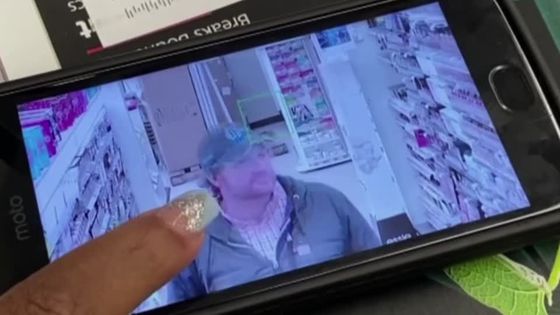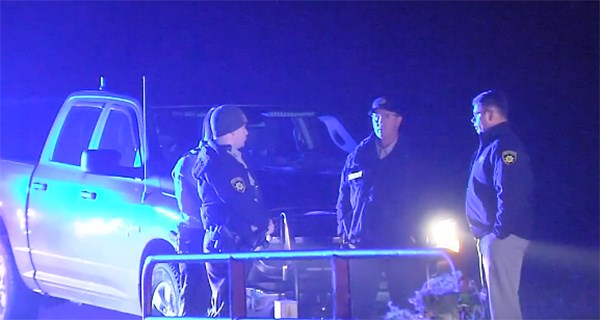Rite Aid used facial recognition systems in hundreds of its drugstores across the US over the last several years. According to a Reuters investigation, the technology was deployed in “largely lower-income, non-white neighborhoods” in New York and Los Angeles and had been in use for over eight years.
The system was designed to identify customers who the company previously had detected were “engaging in potential criminal activity.” An alert would then be sent to a security agent via smartphone, who’d then check whether the match was accurate and, if so, possibly ask that person to leave the store.
As of last week, Rite Aid had pulled the plug on the software, which was present in around 200 locations, owing to a “larger industry conversation” about facial recognition. “Other large technology companies seem to be scaling back or rethinking their efforts around facial recognition given increasing uncertainty around the technology’s utility,” the company said.
IBM said last month it’d no longer work on facial recognition, in part due to concerns about surveillance and racial profiling. A number of studies have suggested racial bias is present in facial recognition tech, and there have been at least two cases in which Black men were wrongfully arrested after being falsely identified as suspects by such software.
Rite Aid said that its use of the system had “nothing to do with race.” The report suggests otherwise, as Reuters found that stores were “more than three times as likely to have the technology” in areas where people of color “made up the largest racial or ethnic group.”
Meanwhile, the drugstore chain used facial recognition tech from a company that has ties to China, which raised some concerns that data might have been sent to that country’s government. However, Reuters says it didn’t find any evidence of that being the case.













